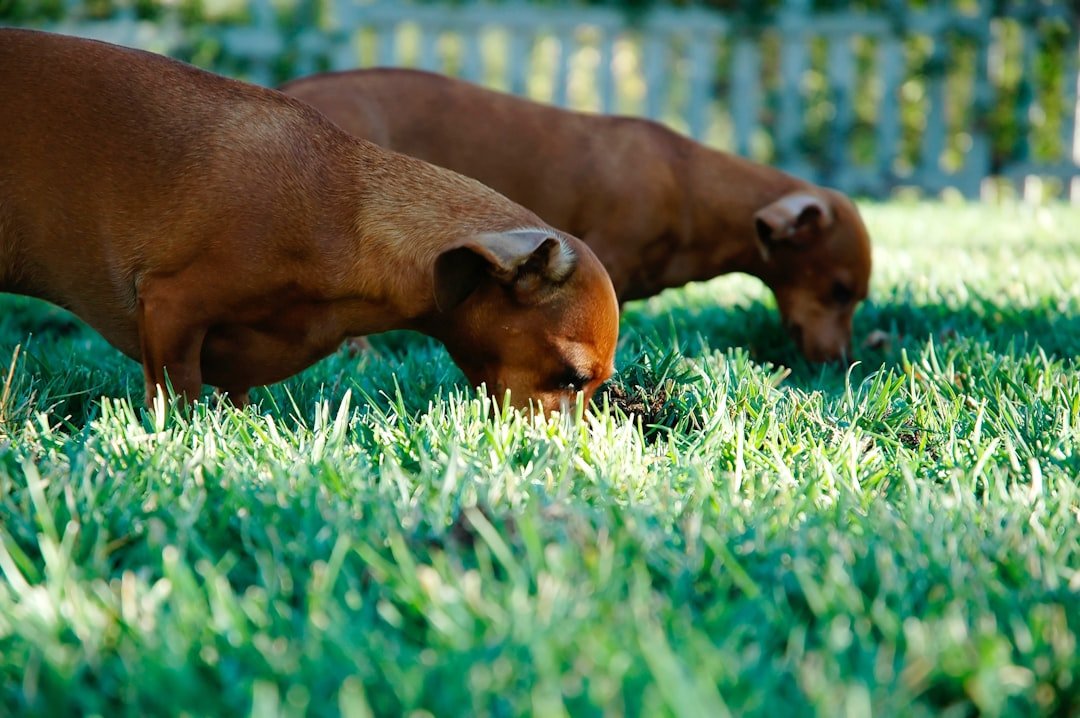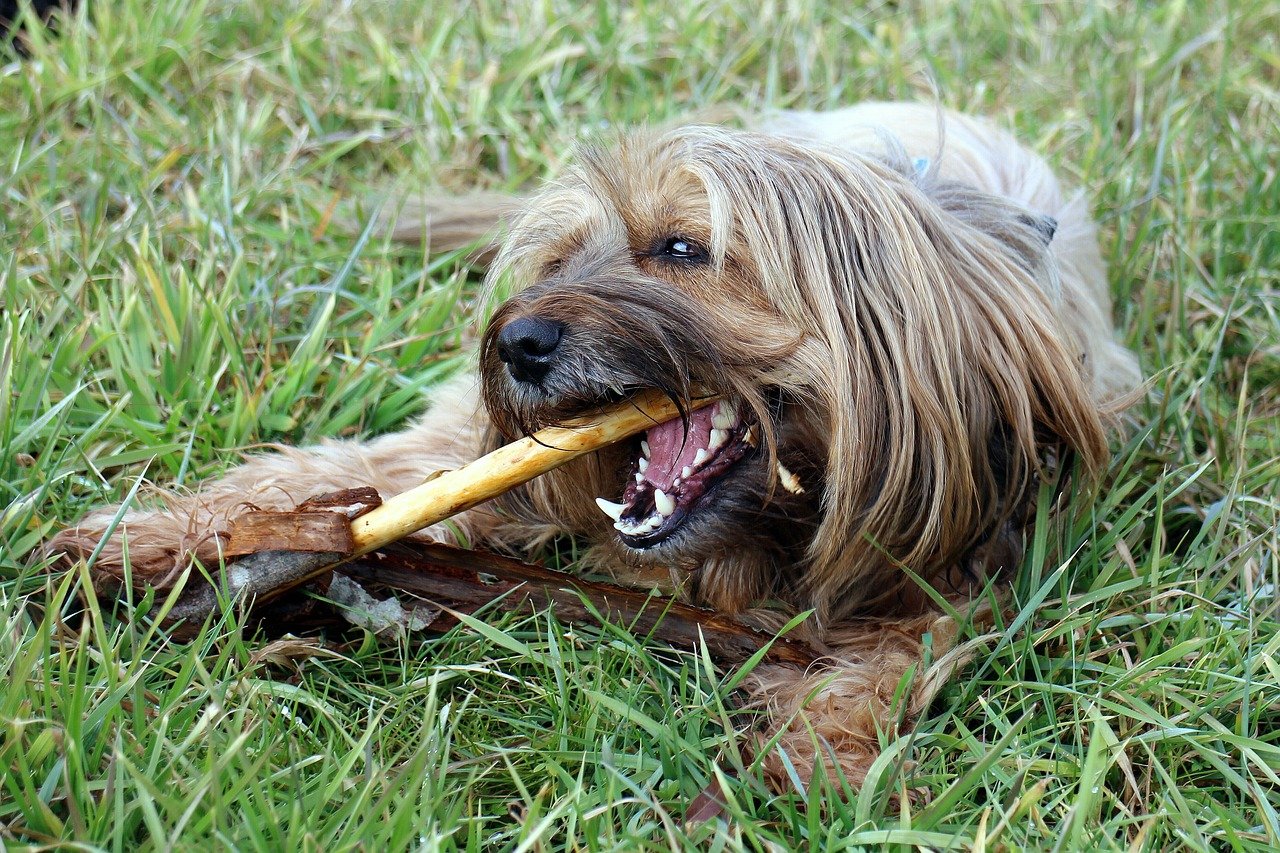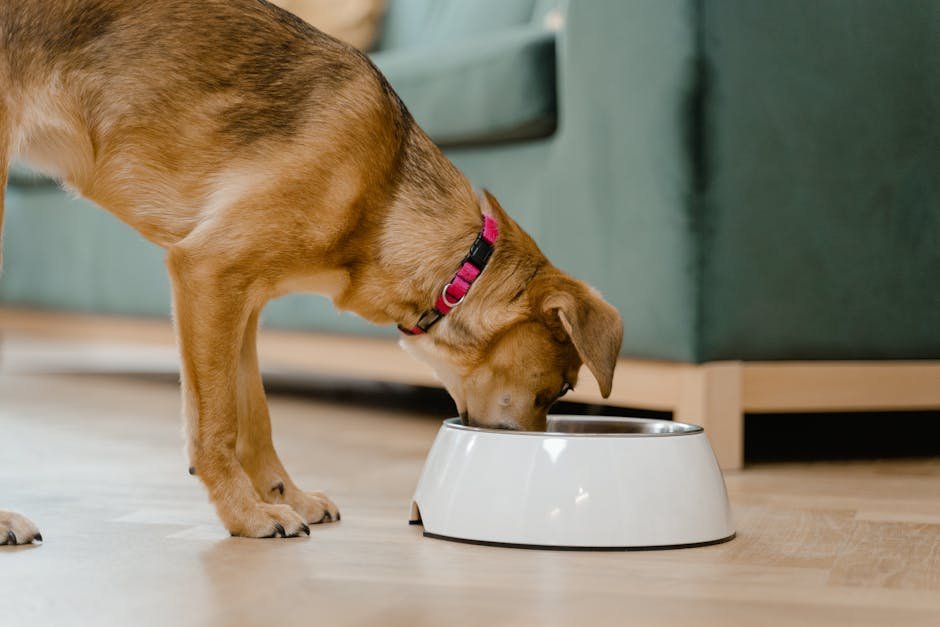In a world filled with information overload, it’s easy to fall prey to myths, especially when it comes to the health of our beloved canine companions. Dog lovers naturally want the best for their furry friends, but sometimes well-meaning advice can lead us astray. This article delves into some of the most common dog health myths that you need to stop believing. By debunking these myths, you can make better-informed decisions for your pet’s well-being.
Myth 1: A Wet Nose Means a Healthy Dog

One of the most widespread beliefs is that a dog’s health can be determined by the state of its nose. Many people think that a wet and cold nose is a sign of a healthy dog, while a dry nose indicates illness. However, this is not always the case. A dog’s nose can be dry for various reasons, such as warm weather or simply after a nap. Similarly, a wet nose doesn’t guarantee good health. It’s important to observe other signs like appetite, energy levels, and behavior to truly understand your dog’s health.
Myth 2: Dogs Eat Grass Because They’re Sick

You’ve probably observed your dog munching on grass and wondered if they’re feeling unwell. The truth is dogs eating grass is not a definitive sign of illness. Dogs may eat grass for several reasons, including boredom, enjoying the texture, or even to induce vomiting if they have an upset stomach. In most cases, it’s perfectly normal behavior. However, if the grass-eating is excessive or followed by frequent vomiting, it’s a good idea to consult your vet.
Myth 3: Garlic Keeps Fleas Away

Garlic is often touted as a natural remedy to keep fleas at bay, but feeding your dog garlic can be harmful. Garlic contains compounds that can damage a dog’s red blood cells, leading to anemia. While some pet owners swear by it, the risks outweigh the potential benefits. Instead, consider safe and effective flea treatments recommended by your veterinarian to keep your dog itch-free and healthy.
Myth 4: Dogs Don’t Need Dental Care

Many dog owners overlook dental care, assuming dogs’ teeth naturally stay clean. Unfortunately, this myth can lead to dental disease, which is prevalent among dogs. Regular brushing and professional cleanings are essential to prevent plaque buildup and gum disease. Investing in dental care can enhance your dog’s overall health, as dental issues can lead to more serious health problems if left untreated.
Myth 5: Dogs Eat Poop Due to Nutritional Deficiencies

The unpleasant habit of eating feces, known as coprophagia, is often attributed to nutritional deficiencies. While this can be a factor, it’s not the sole reason. Dogs may eat poop due to behavioral reasons, such as boredom, anxiety, or simply because they find it appealing. Ensuring a balanced diet is crucial, but addressing behavioral aspects is equally important to curb this habit.
Myth 6: Dogs Need to Chew Bones for Dental Health

It’s a common sight to see dogs gnawing on bones, but this practice can pose serious risks. Real bones can splinter and cause choking or internal injuries. Instead, provide your dog with safe chew toys specifically designed for dental health. These toys help reduce plaque and tartar without the associated dangers of real bones, keeping your dog’s teeth clean and strong.
Myth 7: Dogs Only Wag Their Tails When Happy

While a wagging tail is often associated with a happy dog, it’s not always the case. Dogs use their tails to communicate a range of emotions, including fear, aggression, or uncertainty. The position and speed of the wag can provide more insight into how a dog is feeling. Understanding your dog’s tail language can help you respond appropriately to their emotional state.
Myth 8: All Dogs Are Natural Swimmers

Not all dogs are born to be swimmers, contrary to popular belief. While some breeds are more adept at swimming, others might struggle or even fear the water. If you’re introducing your dog to swimming, ensure they’re comfortable and never force them into the water. Supervision and using a dog life jacket can make swimming a safer activity for your furry friend.
Myth 9: Dogs Have Cleaner Mouths Than Humans
The notion that a dog’s mouth is cleaner than a human’s is a myth. Dogs’ mouths harbor a variety of bacteria, some of which can be harmful. While it’s true that dog saliva has some antibacterial properties, it doesn’t mean their mouths are germ-free. Regular dental care and hygiene practices are crucial in maintaining your dog’s oral health and preventing the spread of bacteria.
Myth 10: Spaying or Neutering Changes a Dog’s Personality

Many dog owners worry that spaying or neutering their pets will alter their personality. While these procedures can reduce certain behaviors like roaming or aggression, they don’t fundamentally change a dog’s personality. In fact, spaying or neutering can offer numerous health benefits and contribute to a calmer, more balanced pet. Always consult with your veterinarian to understand the best timing and approach for your dog.
In conclusion, understanding and debunking these common dog health myths can lead to better care for your furry companion. By focusing on reliable, science-backed information, you can ensure your dog lives a happy, healthy life.







